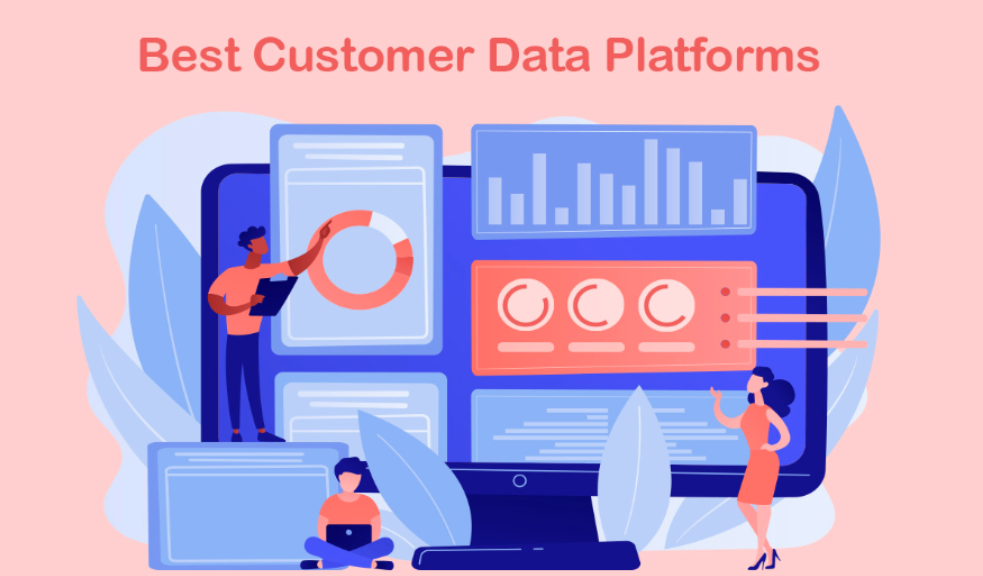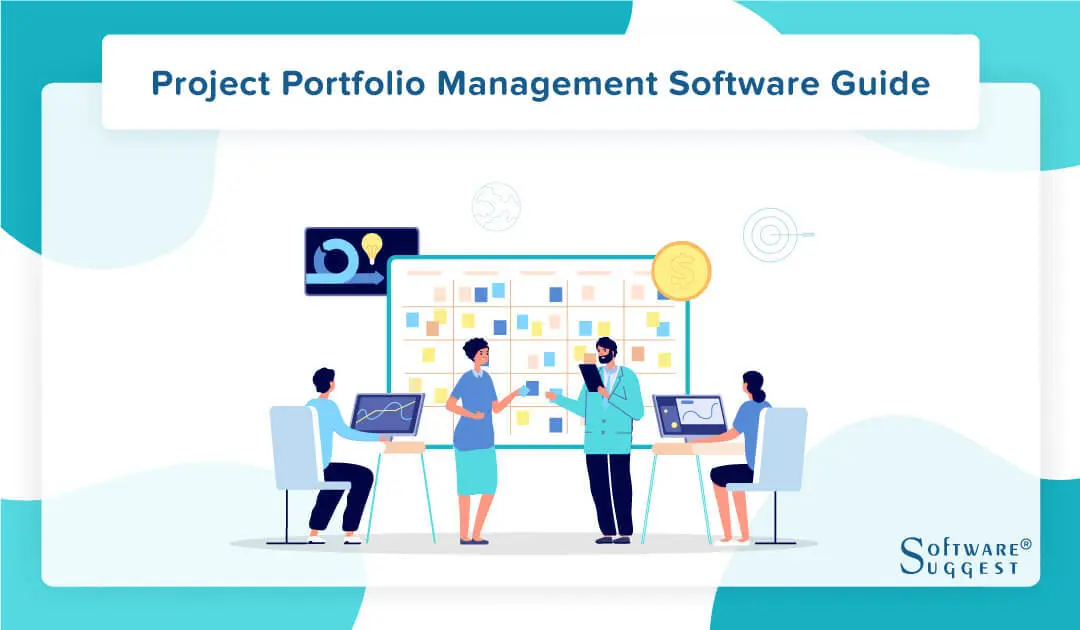Top Business intelligence (BI) Tools for Data Visualization & Analysis

In 2025, data-driven decision-making has become a core strategy for businesses of all sizes. To stay competitive, companies must leverage business intelligence (BI) tools that provide actionable insights, streamline operations, and boost overall performance. One of the most important features of modern BI tools is data visualization—the ability to turn raw data into clear, interactive visualizations that decision-makers can easily understand and act upon.
Whether you're a startup or a large enterprise, using the top business intelligence tools will help you transform complex data sets into simple, digestible insights. This article will explore the best BI tools available in 2025, focusing on their data visualization and analysis capabilities, so you can choose the right tool for your business needs.
Top Business Intelligence Tools for Data Visualization & Analysis
Here are some of the top business intelligence tools for data visualization and analysis in 2025:
1. Tableau
Tableau has long been a leader in the BI space, known for its powerful data visualization capabilities. It's one of the most widely used tools for turning complex data into interactive and visually engaging dashboards.
Why It's Great: Tableau is known for its data visualization capabilities, offering a broad range of chart types and visualization options. It’s ideal for businesses that need to analyze and present data in a visually compelling way.
Pricing: Tableau offers various pricing models, starting from $70 per user/month for the Creator plan.
2. Power BI
Microsoft’s Power BI is another top contender for business intelligence tools in 2025. It offers extensive reporting, real-time dashboards, and integration with a wide range of Microsoft products like Excel, SQL Server, and Azure.
Why It's Great: Power BI is affordable and has an easy learning curve, making it a popular choice for small to medium-sized businesses. It also offers advanced analytics and data sharing features, perfect for teams collaborating on business insights.
Pricing: Power BI offers a free version and paid plans starting from $9.99 per user/month.
3. Qlik Sense
Qlik Sense stands out for its associative data model, which allows users to explore data from multiple sources and perspectives. It’s a self-service BI tool that is particularly suited for businesses with large datasets and complex data analysis needs.
Why It's Great: Qlik Sense’s ability to link data across various sources and present interactive visualizations is perfect for businesses that need deep insights and flexible analytics. It’s particularly valuable for data-heavy industries like finance and retail.
Pricing: Pricing starts at $30 per user/month for the Business plan.
4. Looker
Looker is a modern BI platform known for its robust data exploration capabilities. It’s ideal for businesses that require in-depth, customizable reports and dashboards that integrate well with cloud-based data sources.
Why It's Great: Looker’s customizable and data-driven approach makes it perfect for businesses that want tailored reports and a seamless connection to cloud data sources. Its flexibility allows businesses to explore data in a variety of ways.
Pricing: Looker’s pricing is available upon request, based on user needs and scale.
5. Domo
Domo is a cloud-based BI tool designed for large-scale organizations that need to manage complex data and scale easily. It excels in integrating data from a wide variety of sources and providing customizable visualizations for different business needs.
Why It's Great: Domo is ideal for large organizations that need to consolidate data from various sources and share insights easily across teams. Its scalable nature makes it perfect for growing businesses.
Pricing: Domo’s pricing is available upon request based on business size and features.
Comparison of the Top Business Intelligence Tools
| Tool | Key Features | Best For | Pricing |
|---|
| Tableau | Drag-and-drop interface, interactive dashboards | Data-heavy visualization | Starting at $70 per user/month |
| Power BI | Seamless integration with Microsoft products | Small to medium businesses | Free version, paid plans start at $9.99/month |
| Qlik Sense | Associative engine, self-service discovery | Large datasets, deep analytics | Starting at $30 per user/month |
| Looker | Customizable reports, cloud-based integration | Cloud data integration | Pricing available upon request |
| Domo | Real-time data, easy sharing and collaboration | Large-scale organizations | Pricing available upon request |
Conclusion
Choosing the top business intelligence tools for data visualization and analysis in 2025 depends on your business’s unique needs. Whether you're a small business looking for affordability and ease of use (Power BI), or a large enterprise needing scalable solutions (Domo, Looker), there’s a BI tool suited for you.
Tableau and Power BI are excellent for businesses that need robust data visualization capabilities, while Qlik Sense and Looker provide powerful data discovery and reporting features. Domo is an ideal choice for businesses looking for a cloud-based platform with extensive integration options.
By selecting the right BI tool, you can turn your business data into actionable insights and drive smarter, more efficient decision-making in 2025.









